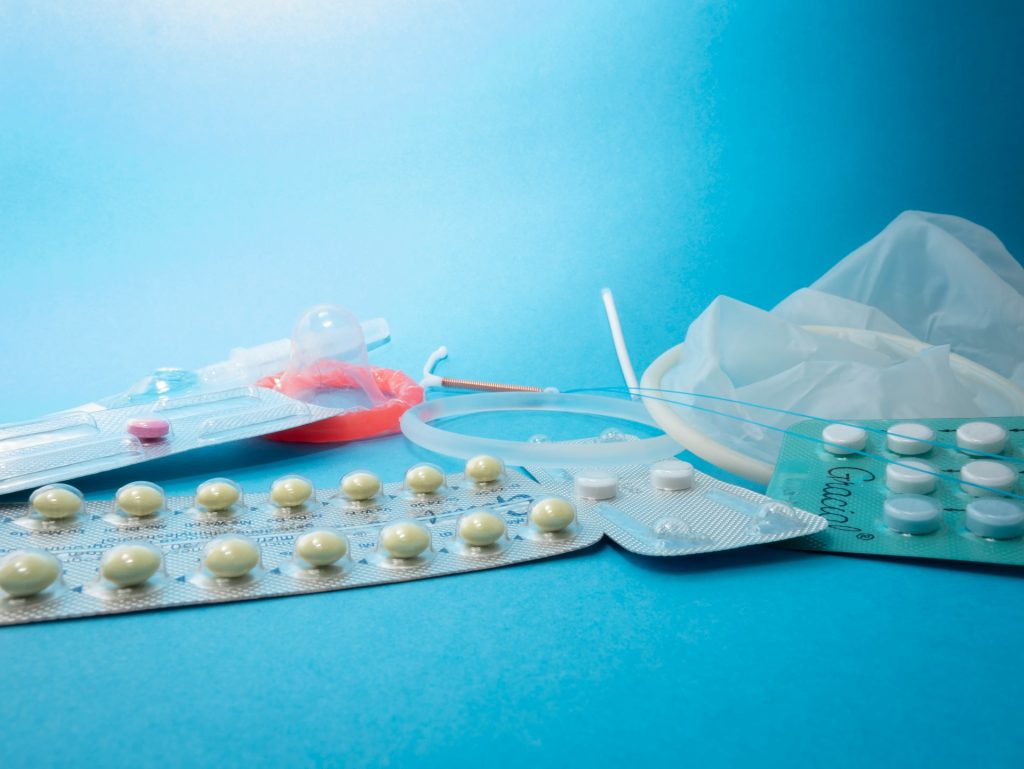
Birth control can protect women from unwanted pregnancy, but has long been known to have side effects on skin, nails, bone density, and hair health.
The most well-known birth control types for women are pills, patches, IUDs, and implants. These work by altering the home levels of progestin and estrogen. It works by direct release of hormones or by including pathways that release these hormones.
Dr. Hamdan Abdullah Hamed, a board-certified dermatologist from a UAE-based online shop for hair care, PowerYourCurls, said that over time, the side effects come in as the body gets used to these excess hormones.
“Specifically, estrogen and progesterone or progestin – if it’s synthetic will impact the skin differently based on your skin and hair type,” said Dr. Hamed.
Estrogen impacts collagen production and hydration levels of the skin and hair, said Dr. Hamed. With this, women who used birth control for the first time may have firmer and more youthful skin and shinier and straighter hair. Over time progesterone will counteract estrogen levels in the body and can also affect levels of hydration.
Stopping birth control is another story. It can lead to a sudden hormonal fluctuation of these two hormones and a change in hydration.
But which hair type will be affected the most?
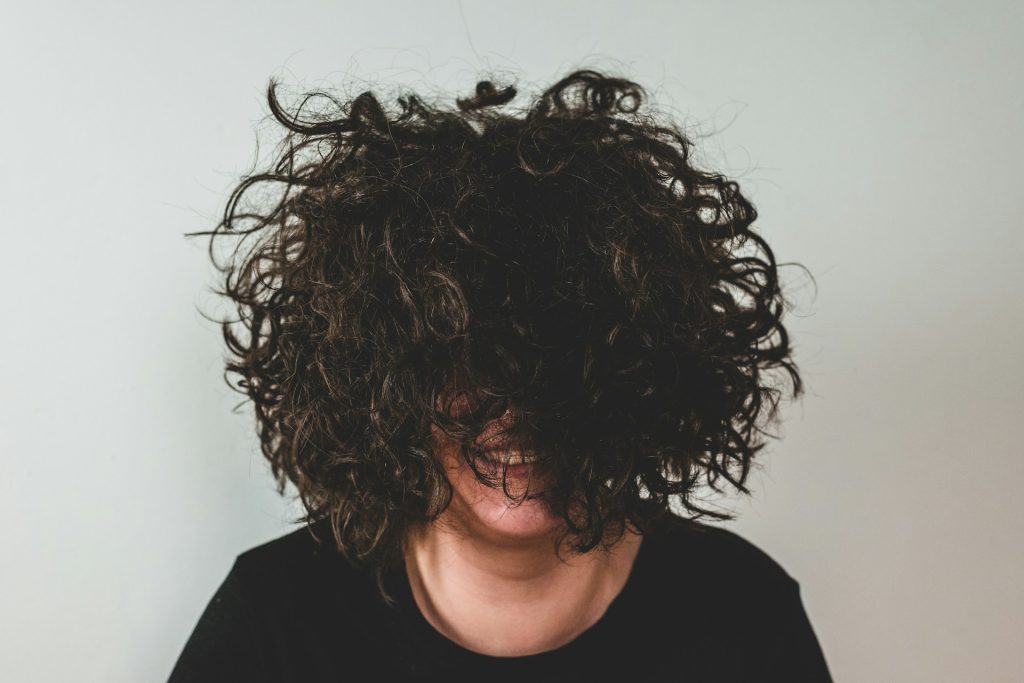
Curly hair is more affected by moisture than straight hair. This is based on porosity levels, and it’s different for all hair types. For example, porosity is lower in those with straighter or wavier hair but higher in those with curlier and kinkier hair.
“For curly hair, the more porous it is, the more it requires moisturisers, oil, and leave-in creams so it doesn’t dry and frizzy out,” said Dr. Hamed.
Drastic changes in hormone levels that affect hydration levels in the hair will cause it to be frizzier and experience more breakages, Dr. Hamed also pointed out. This showed that curly-haired women need to be ready for bad hair days if they get off long-term hormonal birth control.
When they try to get off birth control, Dr. Hamed said curly-haired women can prepare by using leave-in conditioners with ingredients like shea butter and coconut oil.
“They can also opt for hair serums to lock the moisture in. Leave-in conditioners provide moisture where the hair absorbs through the pores on the shaft,” said Dr. Hamed.
“The serums help seal the pores on the hair shaft to stop any moisture from dissipating through them,” Dr. Hamed also pointed out.
Why does birth control cause hair thinning/hair loss
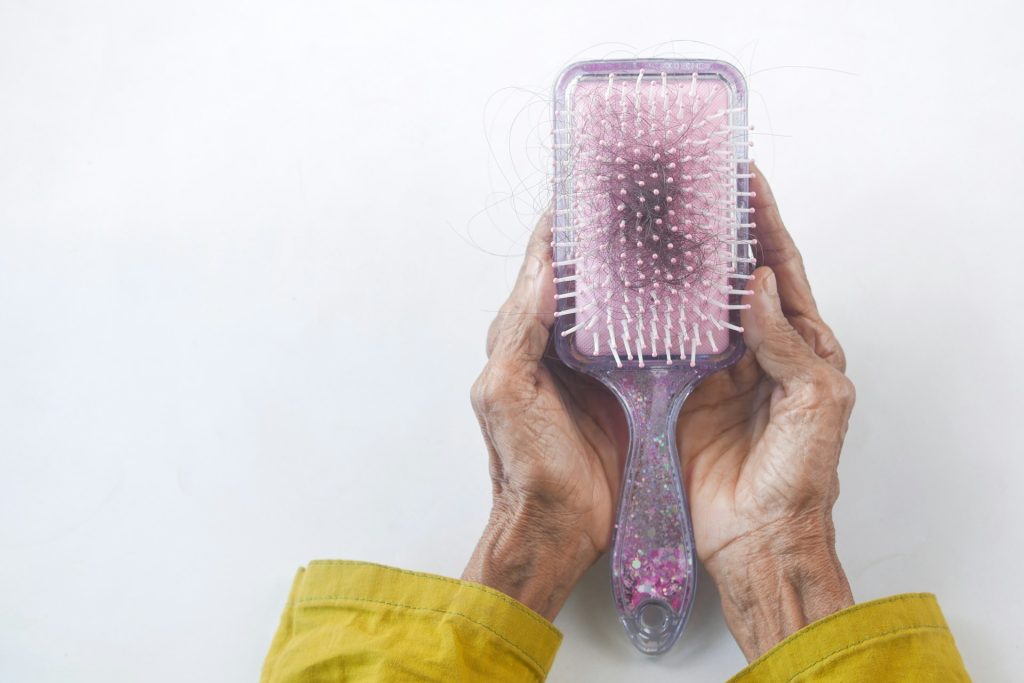
Although uncommon, people can experience excessive hair shedding from using birth control but it will depend on the formulated hormones the person is receiving from the birth control.
“The synthetic hormones created in birth control may be oestrogenic, which may help promote hair growth or androgenic, which will mess up the hair growth cycle,” said Dr. Hamed.
Altering the dosage of birth control or changing the form of birth control may also cause more hair shedding. Hamed said hair loss may also start several months.
“Most women suffer from hair loss in the form of excessive shedding or telogen effluvium once they stop taking the birth control pill due to a sudden decline in oestrogen, which was backed by the pill,” said Dr. Hamed.
However, Dr. Hamed said these types of side effects may vary from each person and may also be temporary. He added that it may resolve itself after three months.
How to address hair loss From Birth Control
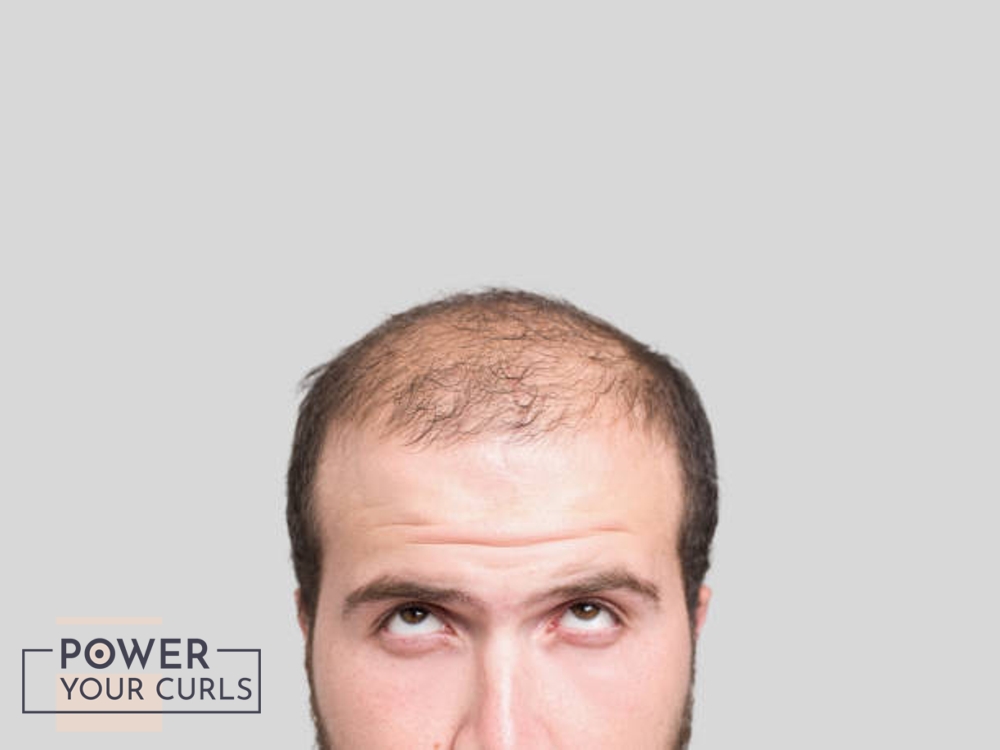
Whilst it is truly unfair that hair loss can be experienced after stopping birth control, there are ways to address it.
Dr. Hamed said there are cases in which women who use birth control pills will not experience regrowth.
The first solution to this problem is to consult their healthcare provider.
“If you have already experienced hair shedding months after using the pill, you should inform your healthcare consultant immediately. They can check your hair or schedule a blood test to provide a diagnosis of your sudden hair loss,” Dr. Hamed commented.
You can also try changing to a new birth control, which can be a different brand or a type that doesn’t affect your hormones.
“Low-androgen index birth control pills such as desogestrel, norgestimate, and norelgestromin may do the trick for hair growth whilst having the benefits of contraception,” said Dr. Hamed.
Another solution is using hair growth treatment, such as minoxidil.
“Minoxidil helps accelerate the regrowth process and revive hair health. You can take it through drops, foam, or oral minoxidil if it doesn’t grow back after three to six months,” said Dr. Hamed.
Menopause and pregnancy effects on hair
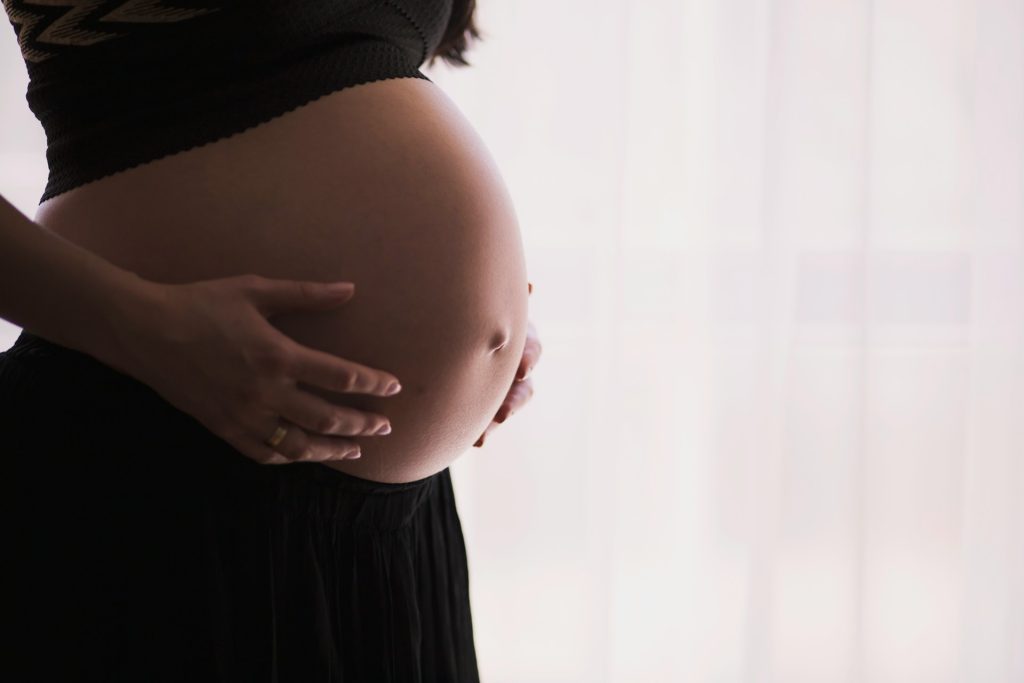
Similar to effects from birth control, women’s hair will also be affected by pregnancy or menopause.
For one, women can experience thicker hair at around 15 weeks of pregnancy as the hair stays longer in the growing phase of its cycle. This means less hair will fall than the usual rate due to an increase in oestrogen, said Dr. Hamed.
Meanwhile, Dr. Hamed said some women may suffer hair shedding during pregnancy because of a decrease in oestrogen, which could happen due to the suspension of oral contraceptive pills, experiencing abortion or miscarriage, or hormonal imbalance during pregnancy.
Another reason why women’s hair sheds after pregnancy is when their oestrogen levels return to normal. This causes the additional hair from the growth phase to the resting phase, which allows the hair to fall out more than usual until around three to four months after the child is born.
However, Dr. Hamed said this is something that women should not worry so much about.
“Their hair growth will return to normal once their baby turns one year old. If you feel that your hair loss is not normal or your hair growth has not returned to normal by 12 months, you can consult your healthcare provider,” said Dr. Hamed.
During menopause, women experience oestrogen levels, which will result in hair shedding, said Dr. Hamed.
“Women experiencing menopause will also find that their hair will break easily. The reason behind this is that the new hairs of the follicles produce more and gradually will turn finer,” said Dr. Hamed.
For women whose hair follicles are sensitive to dihydrotestosterone or DHT, hair thinning during menopause will be more noticeable.
“This is happening because the decline in oestrogen levels around menopause means you have a higher ratio of testosterone, which can impact your hair follicles,” said Dr. Hamed.
